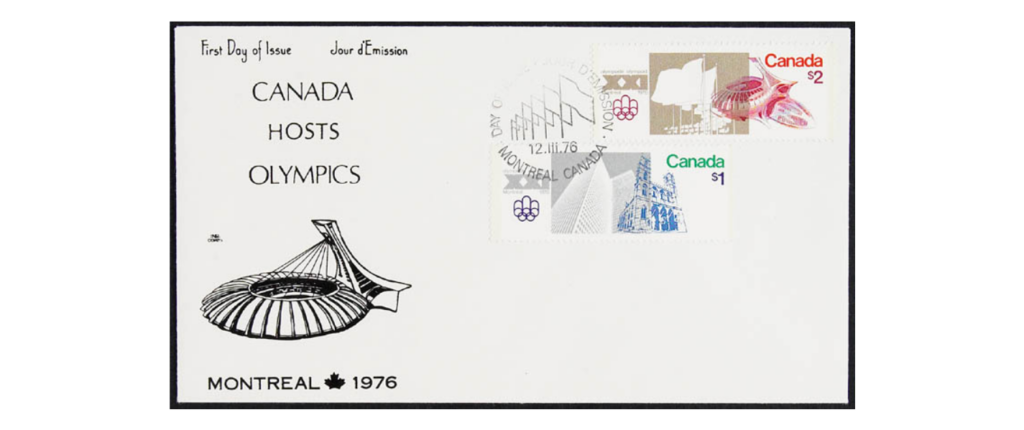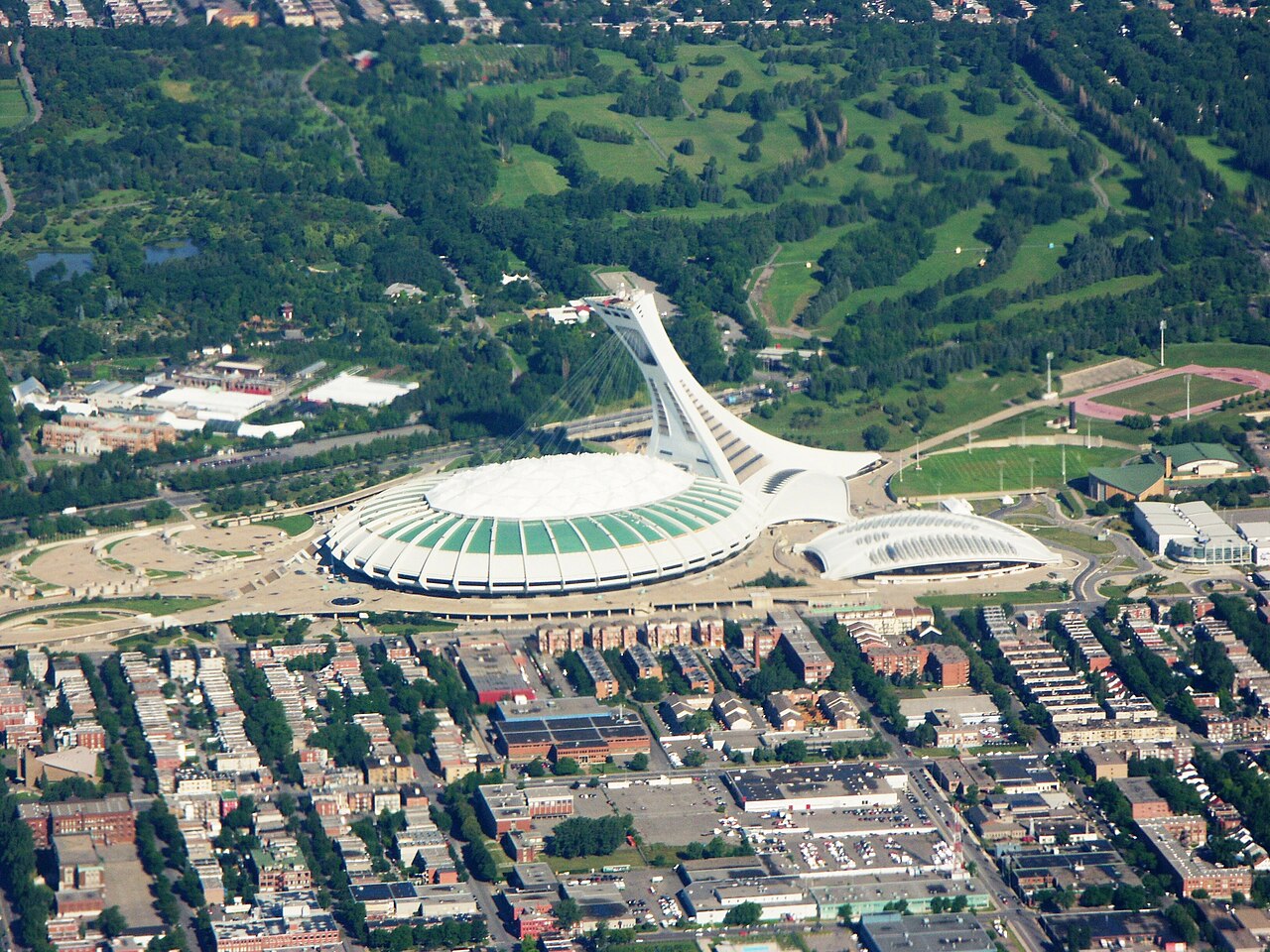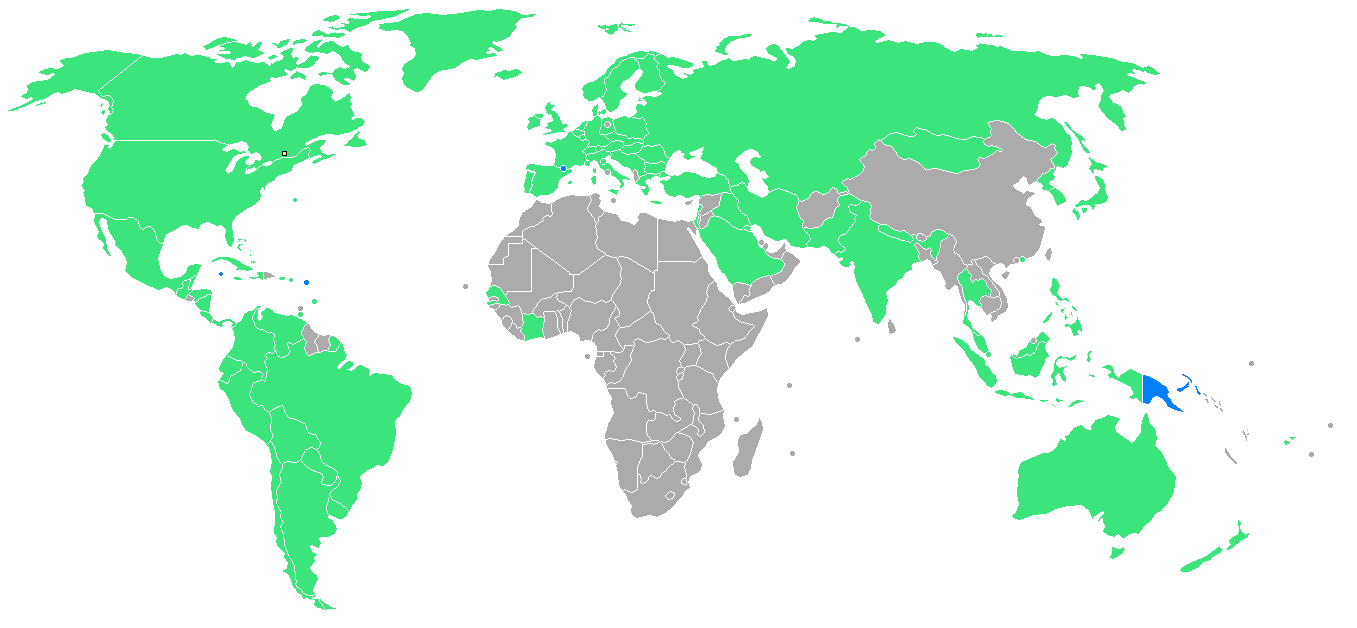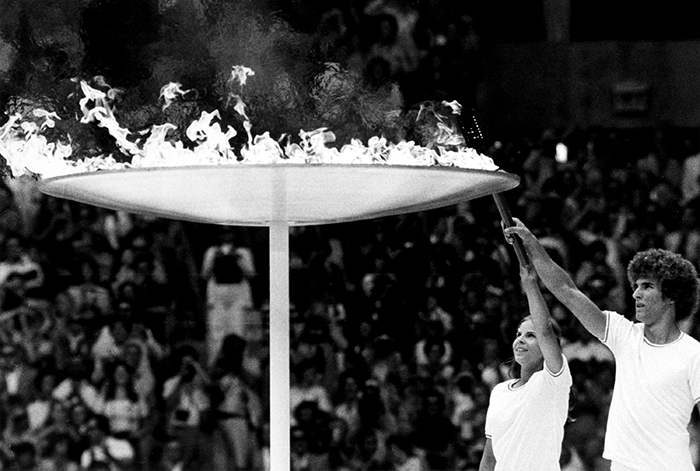Montreal’s Summer Olympics in 1976 was outrageously expensive, costing $1.65 billion. It took thirty years to pay the debt, despite Mayor Drapeau’s claim in 1970 that the “Olympics could no more have a deficit than a man could have a baby.” The Olympic stadium was a disaster: it was not even fully completed for the games, and its primary distinction over the years has been raining concrete on hapless bystanders. The event saw gymnast Nadia Comaneci of Romania score a perfect 10, which remains to this day one of the great feats of modern sports. The American team fielded the best boxing team in history. Women’s events were held for the first time in basketball, handball and rowing. Canada set a record as well: it earned a meagre 11 medals, and it was the first host country to not win a gold medal. Taiwan, China and twenty-nine African states boycotted the games. Twelve men died during the construction of the venues.
And then there were the lesser-known events. The Montreal Fire Department, after hearing from the Royal Canadian Mounted Police (RCMP) that Ukrainian protestors planned to strip down and burn Soviet flags, drove around the city greasing flagpoles with Vaseline (one protestor was injured, and then arrested, in a failed flag-pole climbing incident).
The 1976 Summer Olympics also marked a turning point in Olympic history: it was the first highly visible security operation, which has since become the norm for Olympic games. And it was the largest peacetime security operation in Canadian history.





